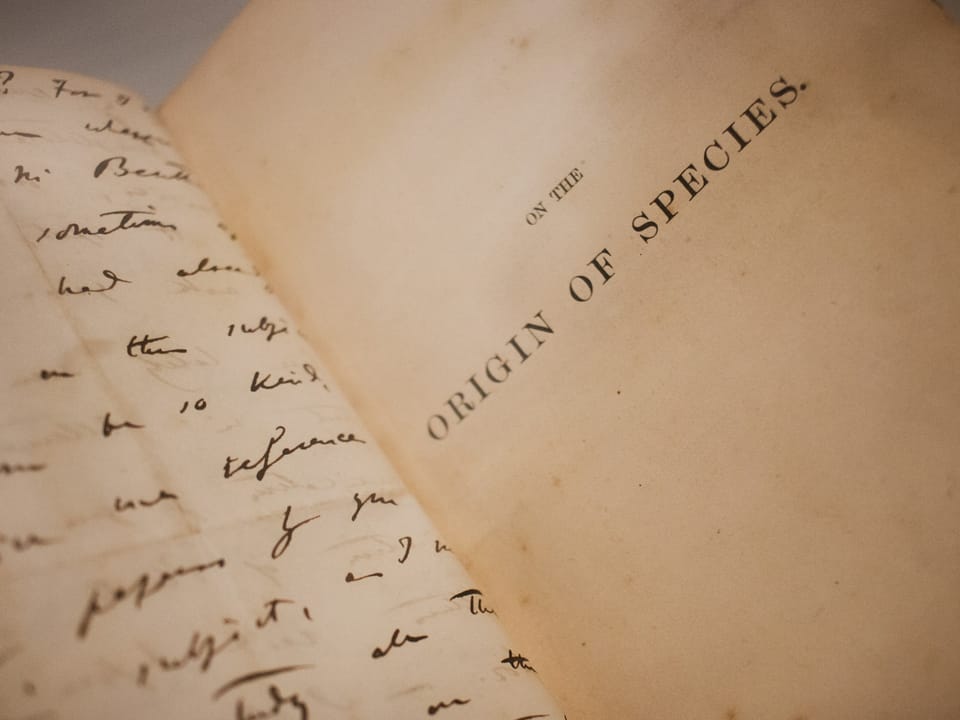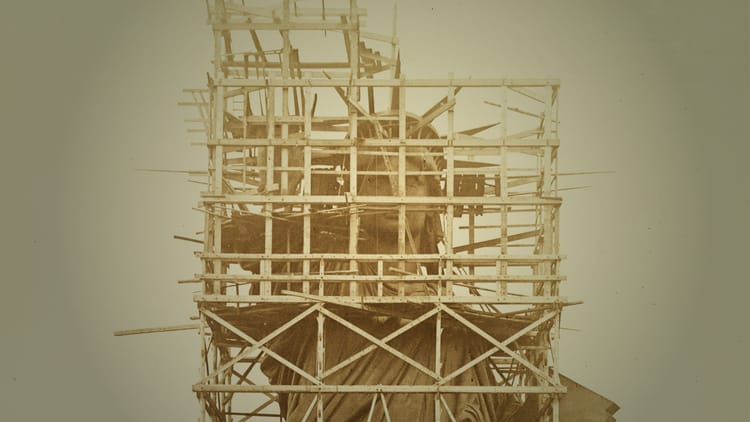Common ground

Some of the most polarized political battles in America over the past year have been about what goes on at schools—whether mask mandates, vaccination requirements, or how teachers should approach the question of racism in U.S. history. A recent report from the American Enterprise Institute confirmed just how divided along partisan lines Americans are on issues in education. Yet the same report found “surprising consensus” on how schools ought to fight the spread of Covid-19, a widely shared sense that “politicians should stay out of local education decisions,” and even a “startling level of agreement” about education on race and religion. If all this is true, how can we understand all the polarization around education in light of it?
Daniel Cox is a co-author of the report and the director of AEI’s Survey Center on American Life. Cox says the reality—often obscured in media coverage, by politicians, and in the resultant tenor of public debate—is that the context for Americans’ disagreements about public education is often deeper agreement. Most think mask and vaccination requirements in schools represent a legitimate public good; there is massive support for students learning unflattering truths about U.S. history, including about racism and slavery; and while there’s a meaningful divergence between Democrats and Republicans on whether legislatures should ban “critical race theory” in the classroom, there’s also very little consensus on what “critical race theory” is. Overall, Cox sees real divisions on some of the specifics of these issues—the way certain subjects are taught, how much to prioritize them, etc.—but, he says, those divisions aren’t what they might seem …
Graham Vyse: How should we understand the intense political polarization and conflict over U.S. public schools today, given how much agreement you’ve found across education issues?
Daniel Cox: The debates over Covid-19 protocols have overshadowed a lot of long-standing issues like sex education, which has been a perennial focus of controversy in public schools. It’s notable that, in a sprawling survey getting at lots of different topics, sex education is definitely not the highlight of the report. There hasn’t been a lot of movement on that issue, similar to the issue of abortion. Americans, in general, think sex education is important. Younger people tend to be more supportive of teaching it than older people. Some people, particularly Christian conservatives, believe parents should be able to opt their kids out of the subject. The 1970s and 1980s saw the rise of the Christian Right, which was very much focused on issues of human sexuality—homosexuality, premarital sex—and it centered on public schools because of concerns about the transmission of values there.





